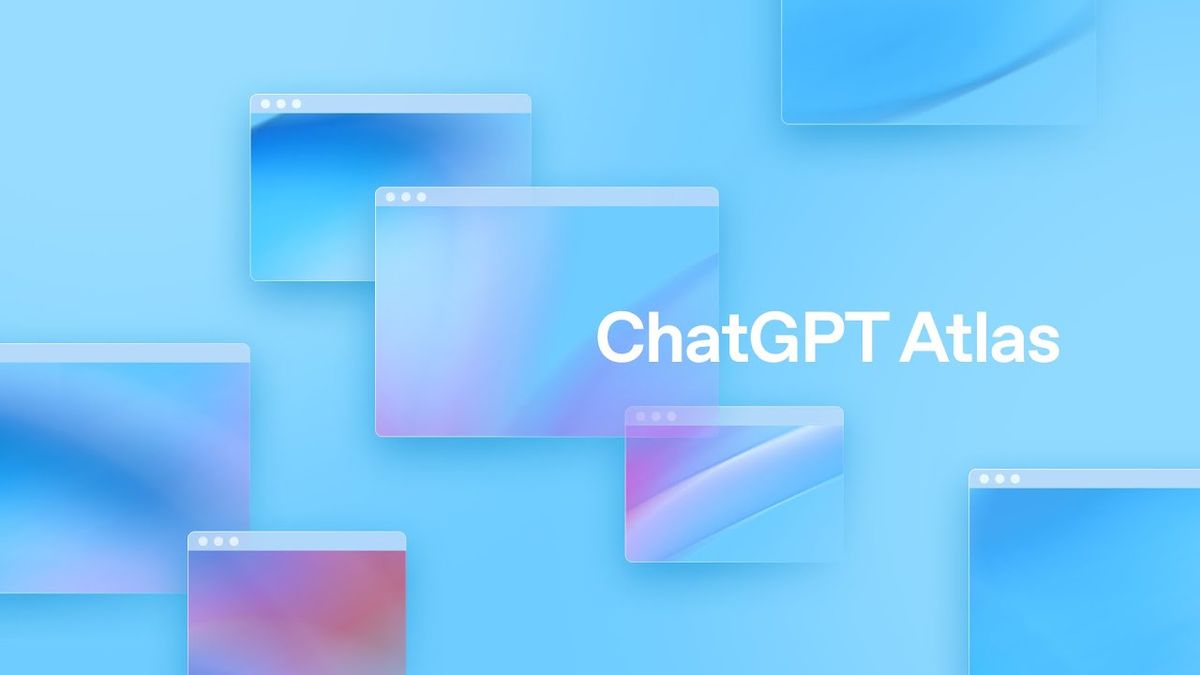OpenAI has officially launched its new AI-powered web browser, ChatGPT Atlas, marking its latest effort to challenge Google in the core area of web interaction and search. The browser was unveiled during a livestreamed demo, following a mysterious teaser earlier in the day.
Read: Bandwidth Blog & Smile 90.4FM Tech Tuesday: WhatsApp in-app translation!
ChatGPT Atlas is available globally for macOS starting today, with plans to roll out access for Windows, iOS, and Android platforms soon. However, a key feature—the powerful “agent mode”—is initially restricted to ChatGPT Plus and Pro subscribers, according to OpenAI CEO Sam Altman.
“The way that we hope people will use the internet in the future… the chat experience in a web browser can be a great analogue,” Altman stated, signalling the company’s belief that an integrated AI chat interface is the future of navigating the web.
The browser’s most transformative feature is its “agent mode,” which allows ChatGPT to take actions on the user’s behalf. As product lead Adam Fry explained, “in Atlas, ChatGPT can now take actions for you… It can help you book reservations or flights or even just edit a document that you’re working on.” This capability builds directly on OpenAI’s previous developments in agentic AI, such as the Operator and ChatGPT Agent tools.
Another key component highlighted by the development team—which includes notable staff members like Ben Goodger, who previously worked on Google Chrome and Mozilla Firefox—is the browser’s memory feature. This allows Atlas to become “more personalized and more helpful to you” over time. Users retain full control, however; they can manage these “memories” in the settings and utilize incognito windows for private browsing.
To enhance the browsing experience, Atlas introduces two innovative interface features:
- Companion Split-Screen: By default, clicking a link from a search result opens the webpage in a split-screen view alongside the active ChatGPT transcript. Employees describe this as providing a constant “companion” to the user, though the split-screen can be disabled.
- Cursor Chat: This feature allows users to select text directly from an email or a webpage and click a button to have ChatGPT “tidy up” or edit the sentence in-line. This direct, in-browser interaction aims to minimize context-switching.
The livestream also demonstrated the browser’s summarization features for full webpages. In summary, Altman praised the final product, noting that “This is just a great browser all-around—it’s smooth, it’s quick, it’s really nice to use.”




